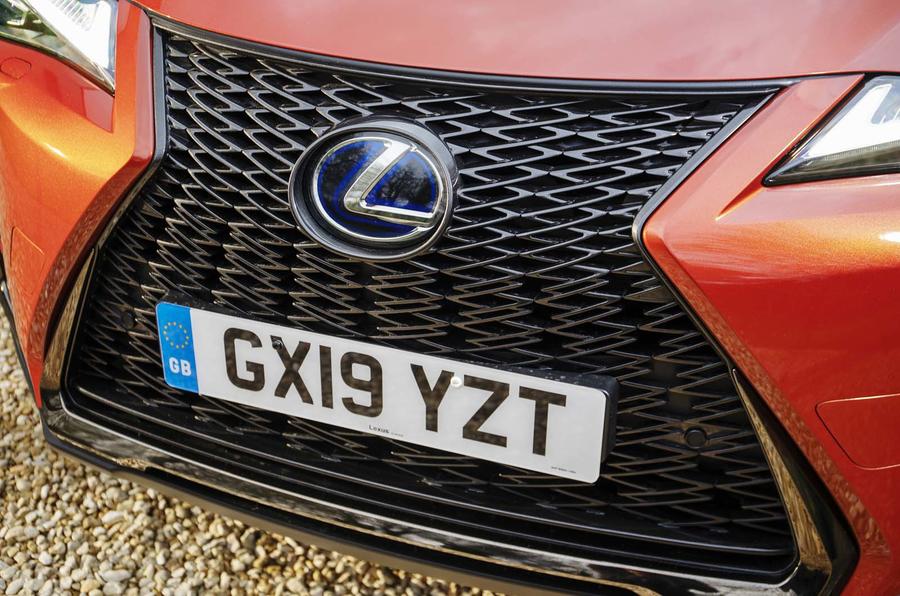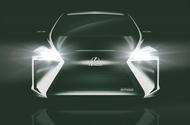New EV will have a more futuristic look than other Lexus cars
Luxury brand’s first electric car will be unveiled in concept form in October
Lexus will make a long-awaited transition into fully electric propulsion with a forward-thinking small EV that is set to be revealed in concept form at the 2019 Tokyo motor show.
The as-yet-unnamed concept takes the form of a tall, boxy and city-friendly hatchback that wears a more futuristic design than any model in the brand’s 2019 line-up.
“We feel that our future could resemble this design,” Lexus vice-president Koji Sato told Autocar.
Next-level infotainment technology displayed on a pair of screens positioned on either side of the steering wheel will characterise the interior.
Although technical details and the production date for the first Lexus EV remain under wraps, Sato acknowledged the need to create a product that’s competitive and compelling. The firm is pouring a significant amount of money into the development of the powertrain technology it needs in order to honour its pledge of offering an electrified variant of every car it sells by 2025.
Engineers are designing a platform to underpin electric cars. It will likely be shared with Toyota, Lexus’s parent company. The two brands jointly plan to launch 10 electric models by 2025. Lexus is also placing a big research focus on in-wheel electric motors, although Sato conceded it will take years to make the technology a reality.
“We expect four wheels operating independently will offer greater agility, stability and excitement,” he said. “We will continue to pursue this exciting opportunity.”
Meanwhile, Lexus design boss Koichi Suga is defining the design of a production Lexus EV. Final design hasn’t yet been signed off by Toyota president Akio Toyoda, but he told Autocar the spindle grille won’t disappear completely.

“Cooling still needs to happen,” said Suga. “The spindle grille is also a representation of personality, and it’s the face of the car, so it’s really a necessary part of the brand identity. But because it’s an EV, [customers] are also going to expect something that’s futuristic, something more non-traditional.” The Tokyo-bound concept will hint at the direction he wants to take.
Lexus also plans other alternatives to the petrol engine, including plug-in hybrids and hydrogen fuel cells. Sato hailed the company’s expertise in hybrid technology as a major advantage.
“The hybrid technology is our core. Our expertise in electrical control technology and battery technology can be used for other types of alternative powertrains, even fuel cells,” he said.
However, the widespread availability of a fuel-cell-powered Lexus is strongly linked to the growth of the infrastructure.
Sato stressed Lexus can’t solve that problem alone, but he emphasised his team is “never giving up on this technology”. Sato also claimed Lexus needs an entry-level car to lure buyers moving up from non-luxury brands into showrooms. The CT – ditched in the US but still on sale in Europe – is well overdue a replacement, but the brand is said to be weighing up sales of the new UX crossover to see when or if a new version is needed. However, Autocar understands it’s pencilled in for 2021 behind the scenes.

At the opposite end of the spectrum, Sato emphasised Lexus is not currently planning a follow-up to the limited-edition, V10-powered LFA, released in 2010.
“I love it but we need your help. We need strong requests for a new LFA from the media. This can help us proceed,” Sato said.
Read more
Toyota to ramp up EV plans with six global models
Under the skin: why hybrid makers love a biscuit tin
Source: Autocar
